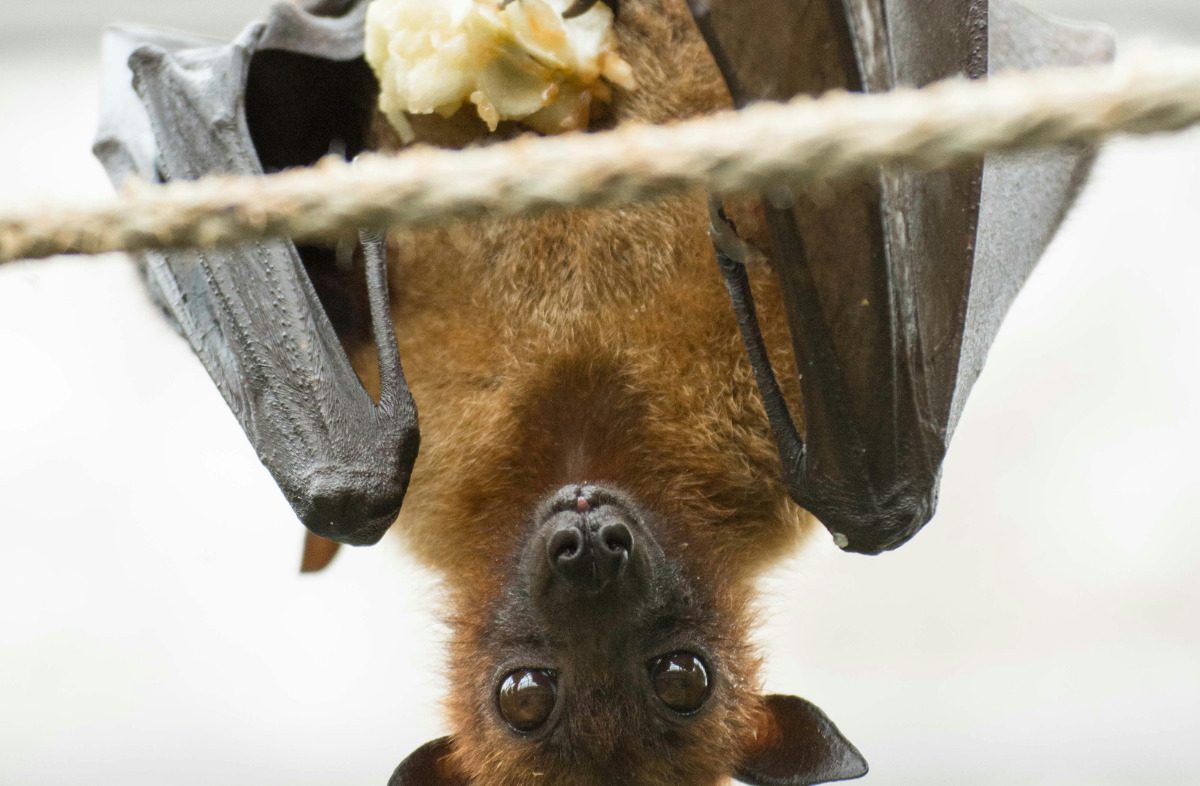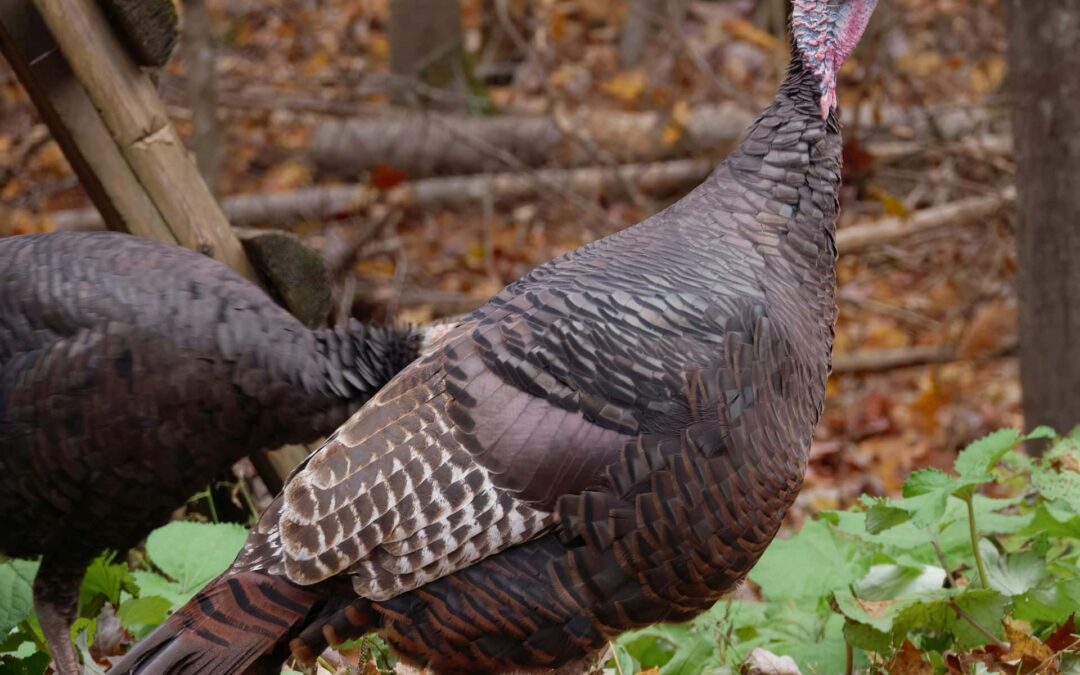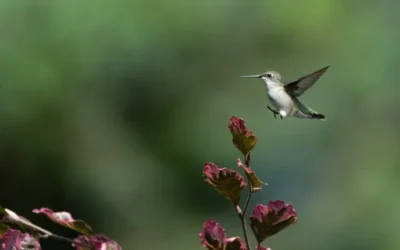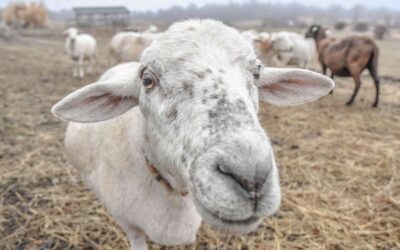
While Halloween is undoubtedly the biggest jewel in October’s crown, there’s another reason to celebrate it: October is Bat Appreciation Month. What’s so special about these iconic winged emblems of spooky season? These flying mammals are vital to the health of our environment. Keep reading to find out how.
Pest Control
Of the 1,400 species of bats worldwide, the 45 species that call the US and Canada home are insectivorous, meaning they eat insects for sustenance. In fact, the majority of bat species—roughly 70%— are insectivorous. Experts estimate that in the United States alone, bats save US agriculture billions of dollars annually in pest control and pesticide costs. In some places, bats can even reduce the need for pesticides.
And for those fabled blood-sucking bats? Fret not; they live in Central America.
Pollination and Seed Dispersal
Some of our most beloved foods, including 500+ plant species like mangoes, bananas, and guavas, depend on bats for pollination. Bats also help spread seeds for nuts, figs, and cacao, chocolate’s main ingredient. These winged creatures also pollinate plants like agave, which is used to make tequila and mescal. Raise a glass to bats the next time you enjoy a drink or snack they help sustain through pollination.
Medical Advancements
Roughly 80 medicines come from plants that rely on bats for their survival. Research on bats has also led to advances in vaccines, and experts researching how the mammals use echolocation, aka the use of sound waves to determine the location of objects, have developed navigational aids for the blind.
Ways to Support Bats
Despite their profound contributions to the world, bats suffer from being deeply misunderstood. Across the globe, bat populations are declining. Thanks to stereotypes that paint them as rabid and bloodthirsty, many are killed because people don’t understand the vital role they play. Loss of habitat and a fungal disease known as white-nose syndrome has claimed the lives of millions of bats since its discovery in 2006.
Currently, more than 15 bat species are listed as federally endangered or threatened, which is a cause for serious concern given the myriad ways they benefit the world.
Want to get involved in bat conservation? You can install a bat garden or house at your property, or become a member of Bat Conservation International (BCI) or donate to their work. You can also adopt a bat through the organization.

Oil truck driver saves dog in Rochester fire: ‘What a courageous act’
Matthew Wrisley, an oil truck driver for D.F. Richard Energy, is being credited with saving a family's dog in a fire that destroyed their home Sept....

This is New Hampshire’s most popular cat name
This story appeared in the Granite Post's newsletter. Subscribe here. Ever met a cat named Lily? Turns out, it’s the most popular cat name in New...

The sweet reason why New Hampshire has a new state marsupial
Vivien Deal-Sosa worked alongside her Chesterfield School classmates to petition for the Virginia opossum to become NH’s state marsupial. Here’s how...

If your dog had a job, what would it be? Readers share their pup professions
Ever wonder what your dog would do if they had a 9-to-5? We recently asked readers to imagine their pup in the workforce—and their answers did not...

Your guide to wild turkey hunting season in New Hampshire
What you need to know about spring wild turkey hunting in New Hampshire, from rules and regulations to top locations. It’s spring in New Hampshire....

Your guide to hummingbird season in New Hampshire
By Kalena Thomhave It’s that time of year when you may spot the tiny and elusive hummingbird flitting about your yard. Read on to learn more about...




